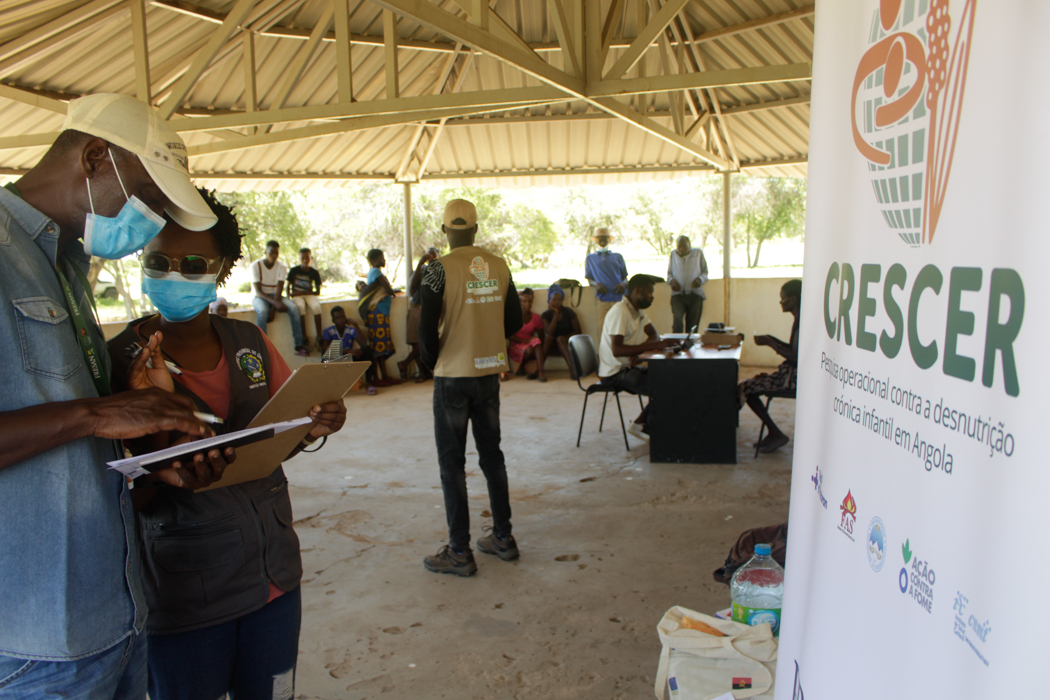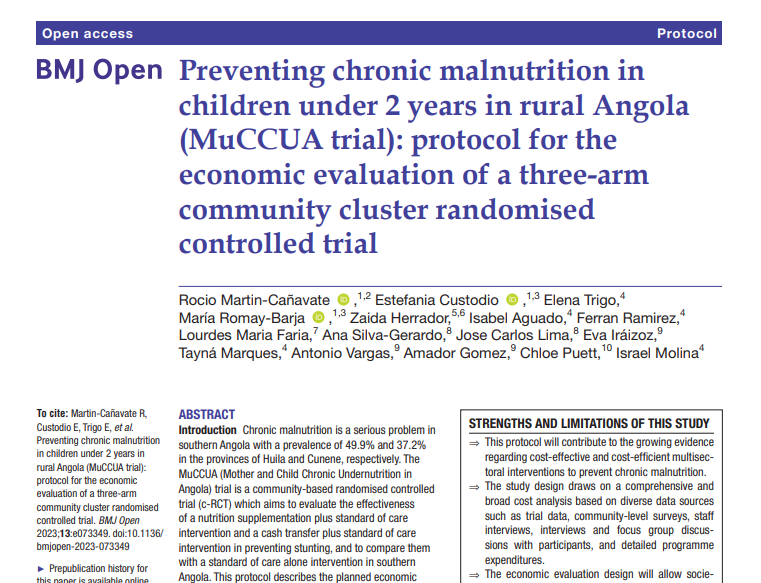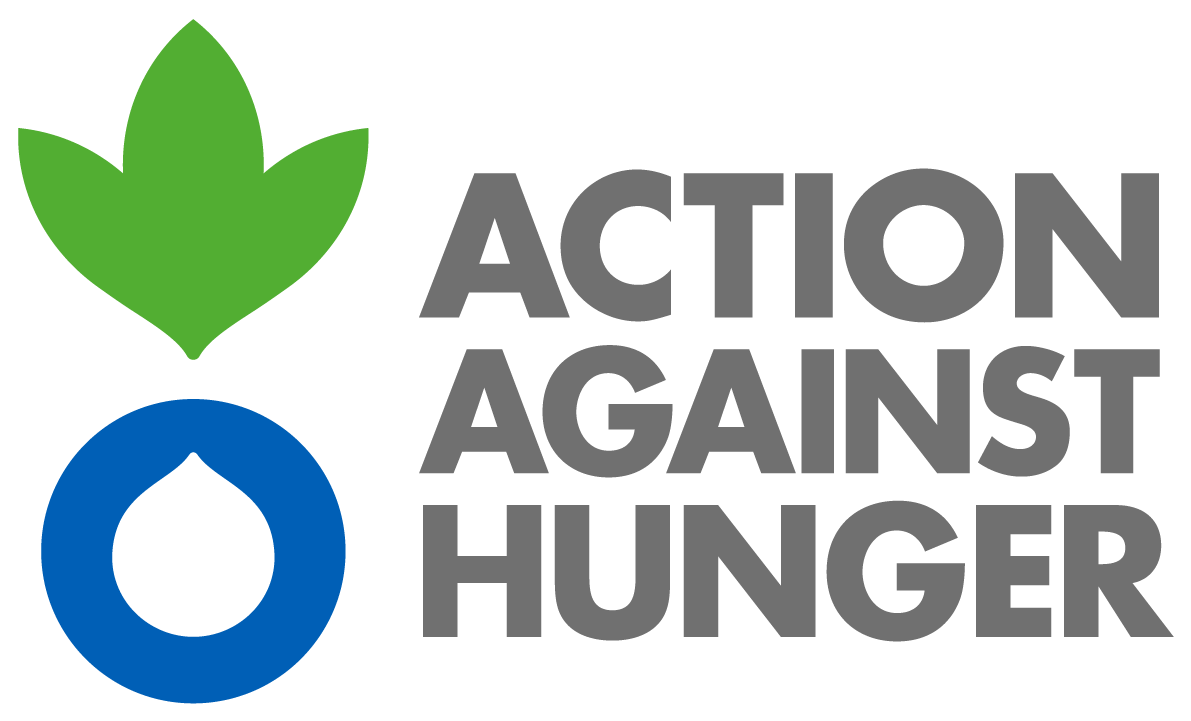23 February 2022
Southwest Angola has been experiencing its worst drought for the past 40 years.
It has forced thousands of people to flock to neighbouring Namibia after failed harvests and rising food prices worsened food shortages across the region.
The southwest provinces of Huila, Namibe and Cunene in Angola have been among the hardest hit by intermittent locust infestations and a drought which has put 1.58 million people at risk of severe hunger, according to the United Nations World Food Programme.
“After the rain stopped, then came the hunger,” says Mwandjukatji.
She decided her family would cross the border into Namibia early in the summer of 2021. Her daughters and grandchildren accepted her decision.
“It took us almost 10 days, travelling, walking. On the way, some of my daughters lost their children. Sometimes when we woke up we tried giving the children some water but they wouldn’t open their mouths, they died on the way.”
Rural communities like the one Mwandjukatji comes from depend on their own production of maize, sorghum and millet as their main source of food. In the past, when their harvests failed due to drought, they would rely on their livestock.
But since Angola’s civil war ended in 2002, a large part of the communal grazing land on the southwest tip of the country has been taken over by commercial livestock farms. According to a report by Amnesty International, 67 percent of that land is now occupied by commercial cattle ranches. In the past, local pastoralists would have been able to use these grazing areas to feed their cattle during periods of drought.
“After the animals and the crops died, we desperately looked for food,” Muapata Uozombambi explains as he takes a rest from chopping wood in a dry forest more than 3km (1.8 miles) away from where he has settled with his family and other Angolan refugees in Namibia.
“We found that grass stalks were growing next to our crops and when we found some with a couple of leaves on them, we ate the grass stalks together with our children. We ate nothing but a few stalks of grass for three weeks.”
But after some of his relatives died of starvation, Muapata left Angola with his family.
He is one of thousands of people, desperate for food and water, who have undertaken the dangerous journey with nothing but the clothes on their backs. Nearly all of them have done it by foot, some of them walking through the tough terrain for days in scorching heat, sleeping on the ground along the way.
The Red Cross recorded more than 3,000 people entering Namibia from Angola during 2020 and 2021. But many more may have gone unrecorded – particularly those who crossed the Kunene river by foot.
The river which separates Angola from Namibia is 100 metres wide at its widest point and crocodile sightings are common, but those crossing it say they are so desperate for food that they are prepared to take that risk.
“I came in September with my children. Due to hunger, I braved the water,” says Usenia Semaneli who crossed the Kunene with her children.
“You stop fearing anything, you just decide to cross. Even if something could happen to me, I just had to cross to Namibia.”
Like many other refugees from rural areas in Angola, Usenia does not know her exact age, but she can clearly recall that during her childhood there was enough rain to cultivate, harvest, and even keep the cattle well fed. A sense of nostalgia and loss overcomes Usenia as she remembers a time when finding food was not something to worry about.
Etunda camp, in the Omusati region, is one of the designated areas where refugees arrive. The shelters at the camp are flimsy, built with pieces of cardboard boxes the refugees have collected from furniture shops, sticks and plastic bags.
In another refugee settlement in the rocky outskirts of Opuwo, a town near the border with Angola, refugees must rely on a few makeshift shelters made of recycled plastic, sticks and cardboard.
But with not enough shelters for everyone, many refugees including children, are left with no choice but to lay their blankets on the ground and sleep without any protection from the cold.
As the sun rises, the women start the hours-long walk to collect firewood that they will try to sell in the market so that they can buy food and water. Selling firewood has become the only source of income for the refugees.
“I observed [the refugees] and noticed that, although they were hungry, they were growing desperate for water. Very often they went in the field walking for hours to get wood that they sold in the market. With the money they got from the firewood these people immediately bought water,” says Konguari K, a local pastor in Opuwo who has been helping the refugees by offering them water from his own tap for more than two months.
But as the number of refugees grows, the Namibian government has been making preparations to send them back to Angola.
The refugees have mixed feelings about this.
“The thing that brought us here is hunger because we didn’t receive rain … Perhaps if it rained, I’d want to go back,” says Diolinda Mwaithapotji, whose 18-month-old granddaughter, Venonya, was close to death due to severe malnutrition when she arrived in Namibia.
Diolinda travelled from Angola with her two sons and her granddaughter because she had heard that people could get food in Namibia. Leaving her home behind, Diolinda arrived with a desperately malnourished baby who survived thanks to the medical attention provided by a local hospital.
Other refugees like Mekondjo Zeferino can only see a better future if they stay in Namibia and if they can be reunited with their families here.
“I don’t feel well thinking about my mother living there [in Angola] without any food. Sometimes I think if only I could send someone back to tell them that, ‘Mother has to come here because here we can survive,’” explains Mekondjo, who, despite having a disability, crawled for 170km (106 miles) alone to reach Namibia in search of food.
He cannot go back to tell his family that he has found food as he says he does not remember the way and it will be too difficult for him to crawl back.
Source: Al Jazeera (Qatar).












